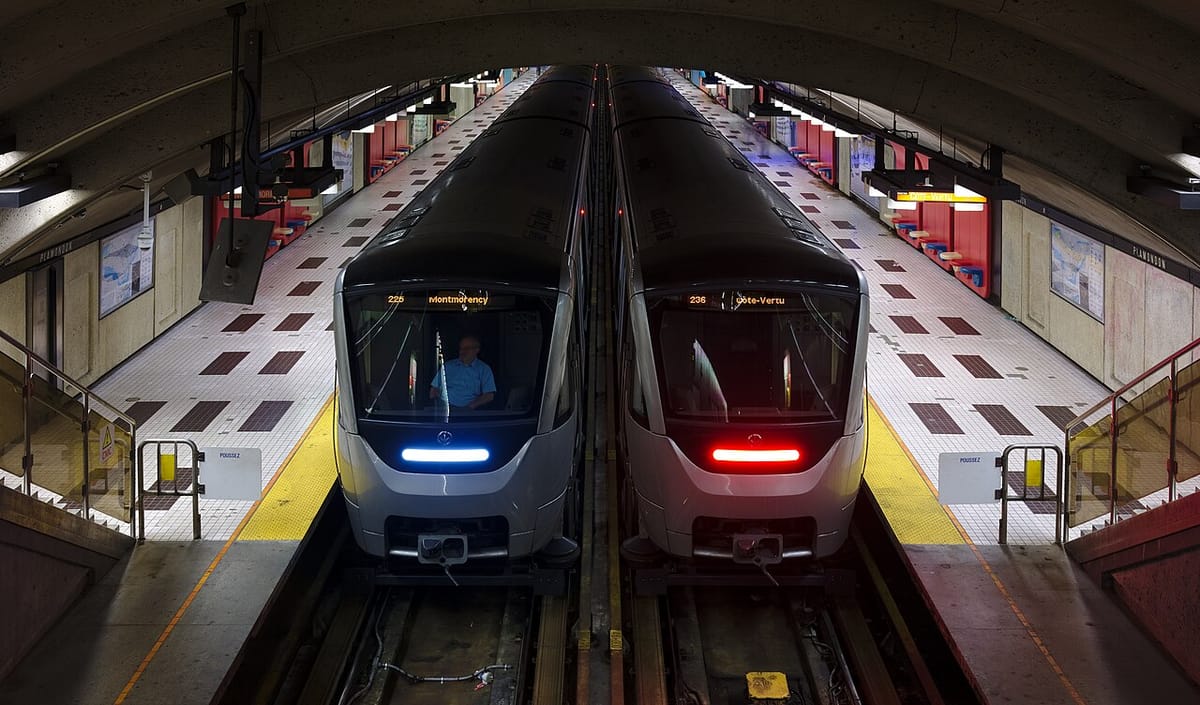In Eidlin’s opinion, the employer had little reason to meaningfully bargain with workers, knowing that in short order the government would intervene to end the strike and bail them out. “This employer was banking on the strike creating enough of a crisis to justify government intervention,” Eidlin said.
The union’s president echoed this sentiment, indicating that the impending law meant that the STM “no longer had any incentive to negotiate with us.” As in so many examples over the past several years, government interference on the side of the employer undermined collective bargaining and shielded STM from the pressure of the union’s strike.



I don’t know if it would work in Montréal, but I saw some public transit strikes around the world with similar problems and their union did some “compliance strike” instead.
They went to work, opened the gates and disabled the payment systems, so everyone would ride free. The service is important, but if you want profits, you need to talk to us.
It was either Vancouver or Victoria that did the same – buses running, but no fares.
I’ve seen nurses and nerds run work-to-rule, and it’s amazing how things pile up.
There is a similar concept of “work to rule” within many industries – to not do any duty beyond what is in the contract or collective agreement. So no overtime, no additional duties aside from what you’ve been paid for. It’s been used by teachers unions in Canada a fair amount, since they have been relied upon to go above and beyond all the time for the kids they teach, while their salary does not compensate for it.